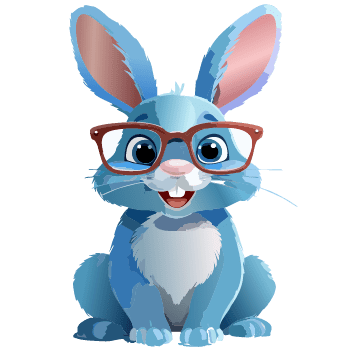Dialectical Behavior Therapy (DBT) is a form of cognitive-behavioral therapy (CBT) developed by psychologist Marsha Linehan in the late 1980s. It was created to treat individuals with borderline personality disorder (BPD) but has since been adapted for a variety of other conditions, including depression, anxiety, substance use disorders, and eating disorders.
DBT focuses on dialectics, which involves balancing opposing forces, particularly the need to accept oneself while working toward change. It integrates mindfulness and emphasizes the development of emotional regulation, distress tolerance, interpersonal effectiveness, and acceptance skills.
Key Components of DBT:
- Mindfulness: Learning to be fully present in the moment and aware of thoughts, feelings, and experiences without judgment.
- Distress Tolerance: Building skills to tolerate and survive crises without making impulsive or harmful decisions.
- Emotional Regulation: Understanding and managing intense emotions that can lead to impulsive behaviors or negative outcomes.
- Interpersonal Effectiveness: Developing assertiveness and communication skills to improve relationships and balance personal needs with those of others.
Dialectical Behavior Therapy is typically structured in:
Individual Therapy: A therapist works one-on-one with clients to apply DBT skills to their situations.
Skills Training Groups: These are more educational and teach specific DBT skills.
Phone Coaching: In certain cases, therapists may offer phone coaching to help clients apply DBT techniques in real-life situations.
Therapist Consultation Teams: DBT therapists often work as a group to support one another and ensure they provide clients the best care.
DBT emphasizes validation and helps clients recognize that their emotions are real and understandable while also working to foster healthier ways to respond to emotional distress. It can be a very effective treatment, particularly for individuals who struggle with self-harm, suicidal ideation, or difficulties in emotional regulation.


